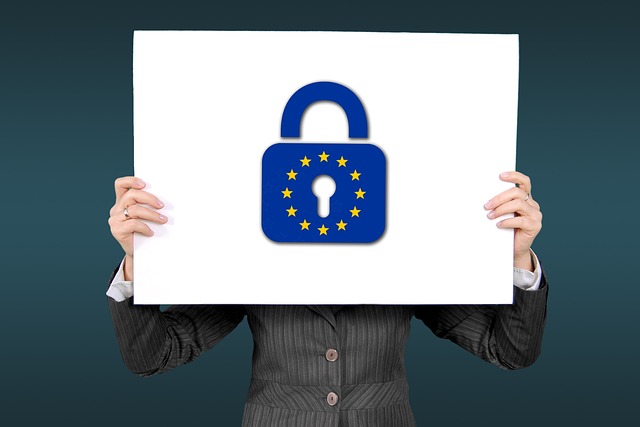Navigating Legal Compliance: Data Protection in the Age of Social Media
In today’s digital landscape, social media is more than just a platform for sharing photos and connecting with friends; it has evolved into a robust business tool for brands and influencers alike. However, with the rise of social media comes the pressing need for legal compliance, particularly concerning data protection. Protecting user data while navigating the complex rules set forth by various governments has become a significant challenge that companies must address to maintain trust and credibility.
Social media’s impact on our daily lives is profound. It offers unprecedented access to information and connections, but it also raises concerns regarding privacy and the security of personal data. As users share their lives online, they provide a wealth of data that companies eagerly collect and analyze. This data, while invaluable, creates a ripple effect of responsibility and accountability regarding how it’s used, stored, and shared. Embracing legal compliance is essential not just for avoiding hefty fines but for preserving the integrity of the brand and ensuring a safe online environment for users.
Platforms and organizations face the daunting task of navigating the intricate web of global data protection regulations. From the General Data Protection Regulation (GDPR) in Europe to various local laws across the United States and beyond, the landscape is as diverse as the social media users themselves. Understanding these regulations can be cumbersome, but it is vital for any entity leveraging social media for marketing or outreach. Regulatory bodies are increasingly scrutinizing organizations, and non-compliance can lead to serious repercussions, including lawsuits and significant monetary penalties.
Moreover, the integration of social media functionalities into our websites and applications necessitates that brands remain vigilant. Adopting best practices for data protection helps ensure an organization’s reputation remains intact. Brands must consider transparent data collection methods, enabling users to make informed decisions regarding their personal information. From obtaining consent before collecting user data to implementing robust cybersecurity measures, every step counts in the journey towards achieving legal compliance.
The conversation around data protection isn’t merely about adhering to rules; it’s about fostering a culture of respect for user privacy. Customers today are more tech-savvy and aware of their data rights than ever before. They are likely to choose brands that prioritize their data security and transparency. By aligning marketing efforts with compliance mandates, companies can create a learning environment where consumers feel safe sharing with a brand that values their information as much as they do.
Engaging with users responsibly not only enhances customer loyalty but also transforms the narrative around a brand’s relationship with its audience. Evidence of strong data protection practices can also serve as a competitive advantage—companies that prioritize legal compliance can differentiate themselves in a crowded marketplace. Furthermore, maintaining compliance reduces the risk of sudden changes to legal frameworks impacting their operations and reputations.
As we continue to navigate this digital frontier, embracing legal compliance is imperative for any organization leveraging the immense power of social media. It’s not just about avoiding fines; it’s about building trust, fostering customer relationships, and safeguarding the future of digital interactions. The road ahead may be complex, but with a dedicated focus on data protection and compliance, organizations can not only survive but thrive in this ever-evolving landscape.




